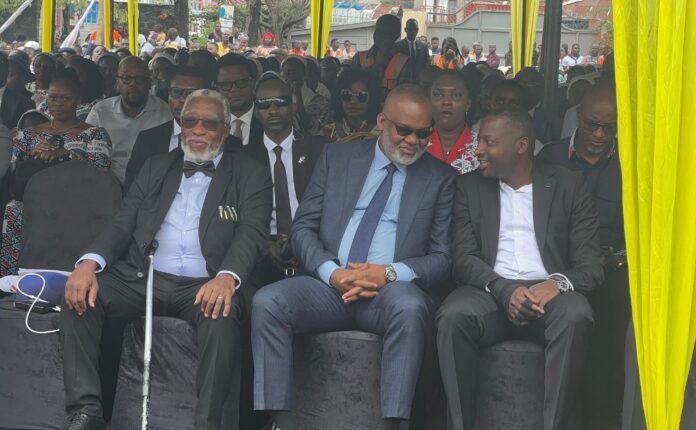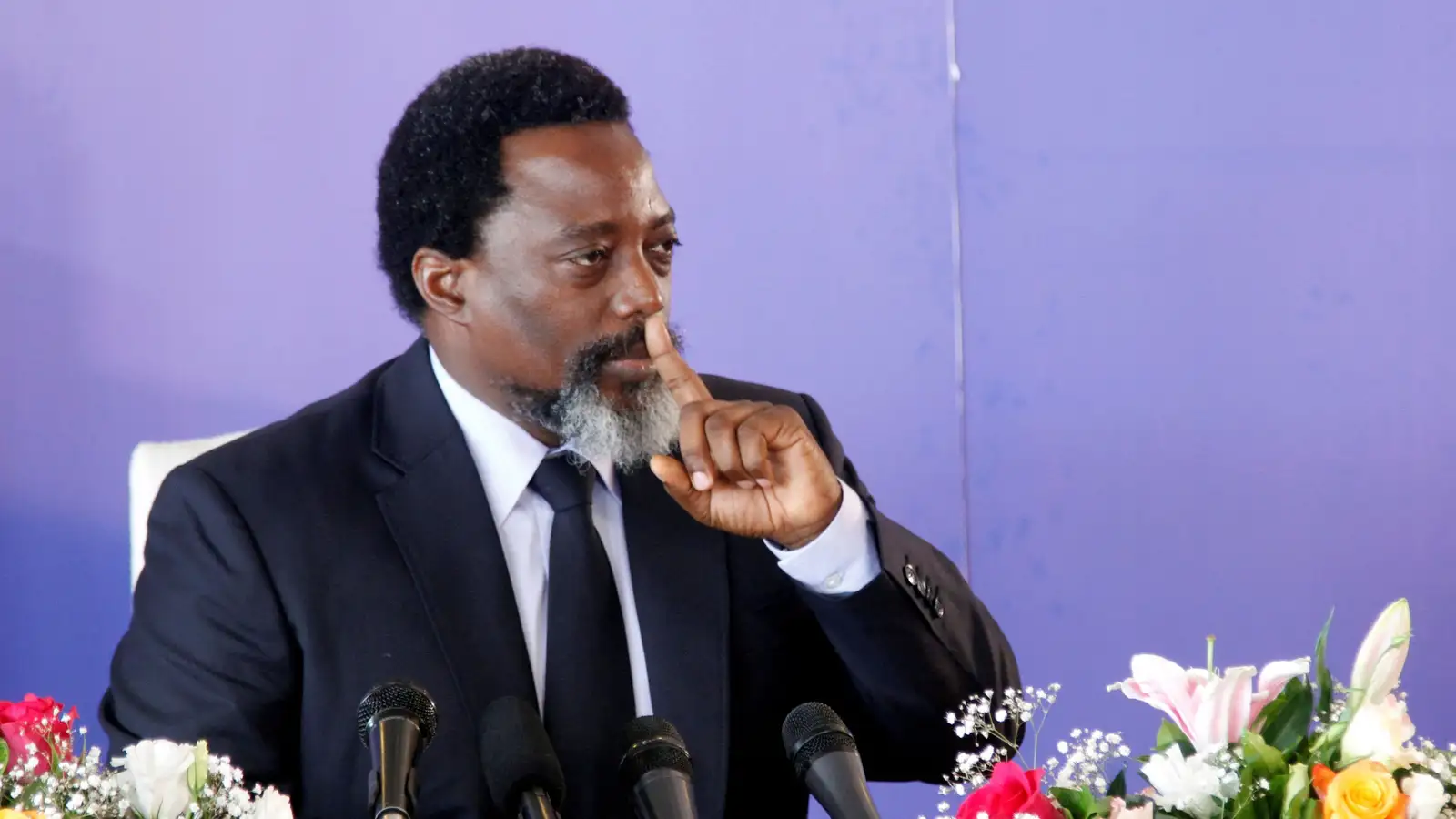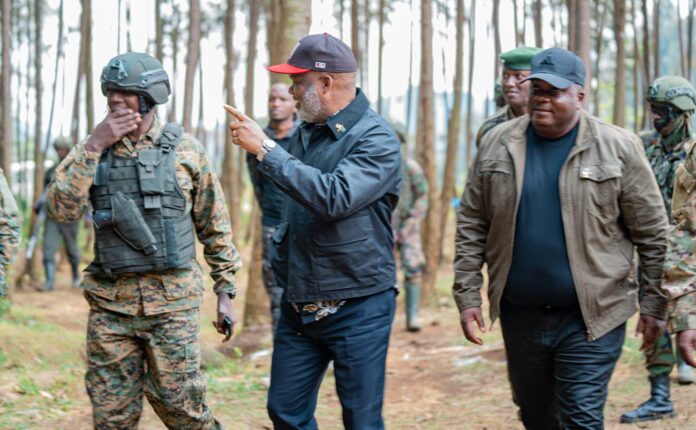March 12, 2025 – In a statement that underscores the long-standing discrimination against the Banyamulenge community, Patrick Muyaya, the Minister of Communication and Government Spokesperson for the Democratic Republic of Congo, reiterated the government’s denial of Banyamulenge rights and further alienated them from the country’s political landscape.
Note: Company, Blog, Church websites are free.
The Banyamulenge have never given any mandate to the Rwandan President to become their protector.
Muyaya’s remarks come at a time when the Banyamulenge people face systematic persecution, displacement, and violence in eastern DRC, with the government not only failing to protect them but actively fueling hate speech and exclusionary policies. The Congolese leadership has frequently used the Banyamulenge as scapegoats, accusing them of being a foreign population rather than recognizing them as full citizens with deep historical roots in the country.
In his statement, Muyaya further claimed:
The Banyamulenge community has always been represented in state institutions.
However, this assertion ignores the reality on the ground, where Banyamulenge leaders have been systematically removed from positions of power, and their voices in governance have been suppressed. Over the years, the Congolese government has weaponized identity politics, branding the Banyamulenge as outsiders and justifying violence against them.
Perhaps the most alarming statement made by Muyaya was:
The victim of yesterday (genocide) has become the executioner of today.
This claim distorts historical facts and dangerously shifts blame, attempting to rewrite the narrative of decades of suffering endured by the Banyamulenge a community that has faced repeated massacres, displacement, and targeted attacks. Instead of acknowledging the ongoing ethnic cleansing taking place in South Kivu, the government continues to manipulate public opinion, portraying the victims as aggressors.
Muyaya’s comments were made during a government briefing (#BriefingSpecial) alongside Minister of State Alexis Gisaro, an event seemingly designed to push Kinshasa’s propaganda and reinforce the Congolese government’s justification for the continued exclusion and persecution of the Banyamulenge.
Meanwhile, the security situation in eastern Congo continues to deteriorate, with mass killings, village burnings, and forced displacements disproportionately affecting the Banyamulenge. As they fight for survival, Kinshasa’s rhetoric of denial and manipulation only deepens their vulnerability.
The question remains: How long will the world ignore the suffering of the Banyamulenge, while the DRC government continues its campaign of erasure and persecution?




